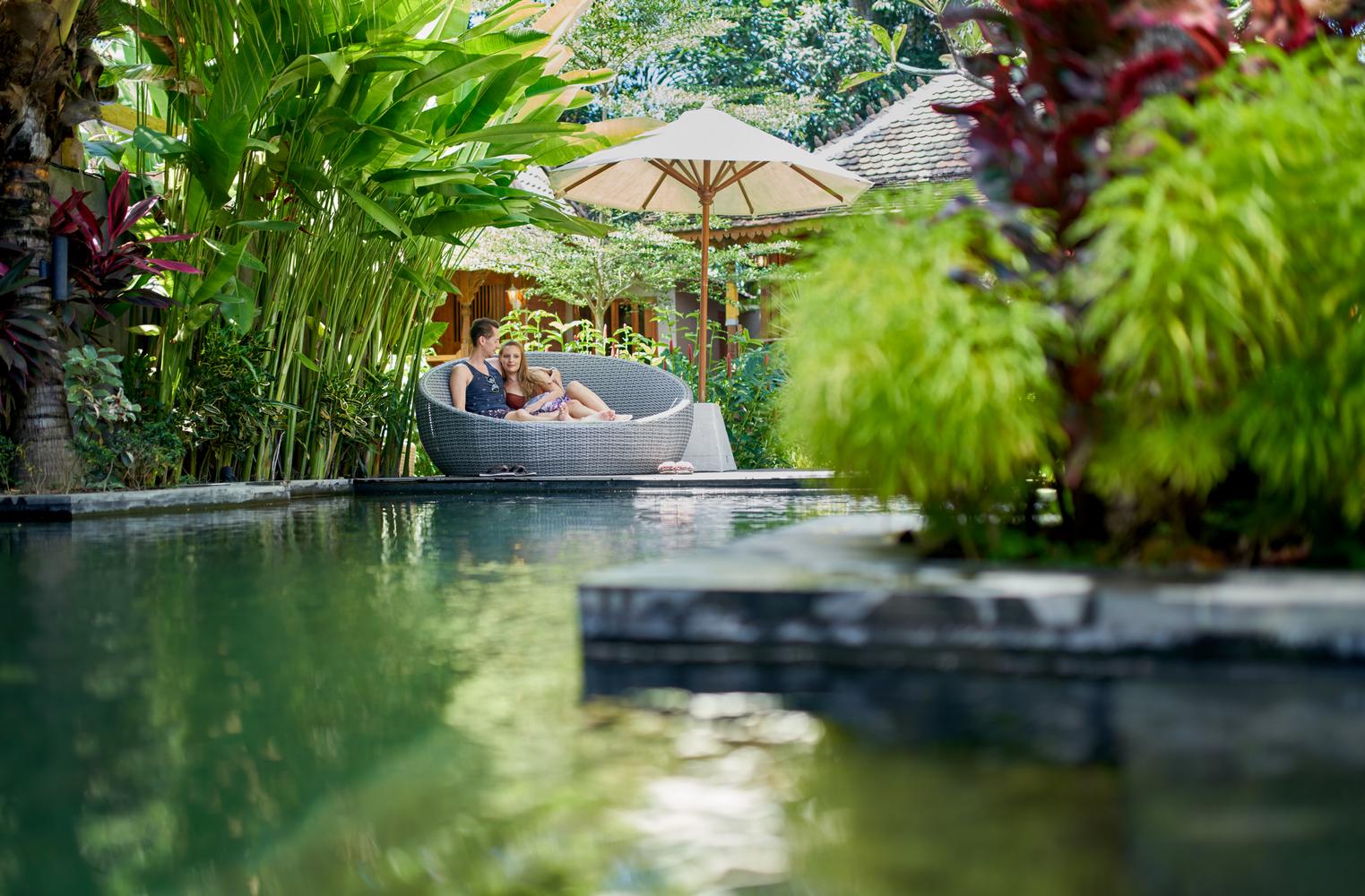For your 2025 Dominican Republic trip you should answer the call with an environmentally friendly approach. An eco-friendly Dominican Republic travel guide leads visitors to experience the island in a mindful way which protects its stunning beaches together with its lush mountains and vibrant culture for future generations.
The tourism sector has returned stronger and wiser in 2025 so travelers seek knowledge about exploration methods that avoid exploitation. The Dominican Republic welcomes travelers who seek environmentally friendly options through its selection of eco-resorts and carbon-neutral tours.
Why Go Green in the Dominican Republic?
Tourism serves as the Dominican Republic’s vital economic source but its growing tourism sector puts strain on natural resources. Sustainable travel choices help reduce that burden. Your support for local communities and participation in low-impact activities along with eco-conscious accommodation choices actively helps protect the island’s natural beauty together with its cultural integrity.
The best part? Visitors can maintain comfort and luxury and still experience exciting adventures when they choose responsible travel options.
Sustainable Stays: Where to Sleep Green

The Dominican Republic provides various eco-friendly lodging options between jungle accommodations and beachfront eco-resorts which integrate natural elements with comfort features. Green Globe certification and practices such as water conservation solar energy utilization and waste reduction should be present in your lodging selection.
Some leading eco-friendly accommodations for 2025 include:
Paraiso Caño Hondo (Los Haitises National Park): A riverside lodge with solar power generation and local conservation support.
Natura Cabana (Cabarete): A beachfront retreat built with natural materials and an organic restaurant.
Guests should verify that their hotel or resort employs local staff and supports local farms and artisans since this indicates sustainable community-focused practices.
Getting Around the Green Way
Most transportation in the Dominican Republic depends on private vehicles and taxi services but travelers have cleaner alternatives to move through the area.
The regions of Punta Cana and Santo Domingo and Las Terrenas have started to provide:
Electric scooter and bike rentals. Shared shuttle services to reduce emissions. Eco-tour companies using hybrid or electric vehicles
Intercity transportation through Caribe Tours and Metro Bus provides better carbon efficiency compared to driving alone or flying between destinations.
Low-Impact Adventures for the Conscious Explorer

The island’s diverse protected parks and rich biodiversity attract eco-conscious visitors who seek active experiences. Eco-tour operators in 2025 are shifting their focus toward sustainable tours which protect wildlife populations and respect nearby communities.
Some top eco-adventures include:
Whale watching in Samaná Bay (January to March) – with certified ethical tour operators.
Visitors can explore Jarabacoa and Constanza highlands by hiking which leads to waterfalls and pine forests and a cooler climate.
Tourists can paddle through Los Haitises National Park mangroves with local guides who protect both the mangroves and their environment.
Tourists should stay away from travel activities that harm animals or display harmful treatment of local ecological spaces.
Eat Local, Eat Responsible
The most basic method to practice sustainable travel in the Dominican Republic involves following local eating habits. The local economy receives support from restaurants that purchase their produce from nearby farms and fisheries while simultaneously lowering transportation emissions from food delivery.
Travelers visiting the coastal areas of Bayahibe and Las Galeras should visit family-run dining establishments that serve fresh seafood alongside tropical fruits. Locrio which represents Dominican-style paella and mangu which consists of plantain mash made with local ingredients provide both cultural richness and delicious flavors to visitors.
The trend of farm-to-table dining continues to grow in popularity during 2025 as it establishes itself near eco-resorts and agrotourism farms.
Respectful Cultural Immersion

The practice of eco-friendly travel extends past environmental considerations. To practice sustainable travel you should establish authentic connections with the Dominican Republic’s native residents. Travelers should support indigenous crafts and join cultural festivals while participating in community-based tourism programs that use profits to fund local development projects.
Participating in clay pottery workshops cacao farming and traditional Dominican dance helps to protect traditional heritage while providing an immersive cultural experience.
Practical Tips for a Greener Getaway
Always carry your reusable water bottle with you.
Avoid single-use plastics; pack your utensils and tote bags.
When visiting the beach use sunscreens which protect the reefs instead of damaging them.
Keep to marked trails when hiking to prevent damage to flora.
A few Spanish phrases will help you show respect to others during your travels.
These small efforts make a huge impact over time.
Final Thoughts: A Greener Future for Dominican Travel
Beyond its luxury resort complexes, the Dominican Republic has more to offer its visitors. The land exists as a dynamic entity consisting of forests alongside reefs and rivers and thriving communities. Travelers in 2025 can reduce or protect the natural wealth of this destination.
The eco-friendly Dominican Republic travel guide serves as the initial step toward sustainable exploration. The island advances as travelers select responsible exploration which leads to a tourism destination that unites nature and culture.
The experience of watching humpback whales breach in the ocean tasting mountain-grown avocados and learning merengue in a community center makes you a participant in responsible tourism.
We must create a new definition of serenity during 2025 through environmentally friendly choices.


